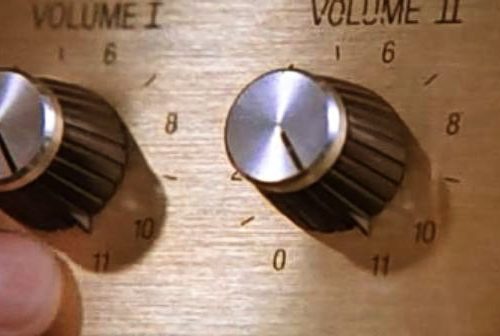Updated from May 3, 2012 post
How many of these statements, or statements like them, have you used in your leadership;
- “That was the best (event, earnings quarter, meeting) we’ve ever had!”
- “This promises to be the best (board retreat, stockholders meeting) ever!”
- “There is an unbelievable sense of momentum and excitement building in our (company, church, organization)!”
If you find that these types of hyped-up, hyperbole-filled statements are creeping into your leadership communication, watch out. Your leadership could be taking hits that you’re not even aware of.
As a leader you must certainly project optimism. But when you cross the line into hyperbole, you run four significant risks:
1. You can be seen as inauthentic
Let’s face it. Not every event can be the “best ever”. If you use this kind of language excessively people will start to see you less as a leader, and more as a pitch-man.
Remember, you need to cast vision, not sell a ShamWow.
2. You can lose credibility
You know that service you described as the “best ever”? Well guess what. Your people were there, and they know it wasn’t the best ever.
When your communication creates a gap between what your people know to be true, and what you claim to be true, you start to lose credibility.
3. Young people start to tune out
Young people today have their radar on “full alert” for anything that smells like hyperbole, exaggeration or hype.
You can’t afford to alienate this group with your communication.
4. You create a culture of “desperation”
As a leader your words have a powerful ability to form and shape culture.
When your communication is flavoured with constant hype you are creating a culture of desperation. For your followers it’s a short walk from desperation to suspicion.
Because of my own optimistic nature, I’ve learned that I need to be vigilant to ensure that hyperbole doesn’t creep into my own communication.
And I would urge you to be just as vigilant.
Because if you can keep away from exaggeration and hype it will be the absolutely greatest thing ever in the history of the world…
(And that, friends, is hype).
How do you keep from over-hyping your communication?




You begin to disappoint. Not every event is going to be better than the last, not everything is great, nothing will ever be perfect. Yet, when we shout these platitudes from the rooftops, we begin to disappoint those we lead.
That’s a leader’s paradox, isn’t it Joseph. On the one hand, people want their leaders to project a positive face. But leaders also must be ‘real’. I’ve learned that leaders must be the masters of the under-statement. Watch how great leaders do this. They have a way of letting successful events and outcomes speak for themselves. Something I need to continually learn.